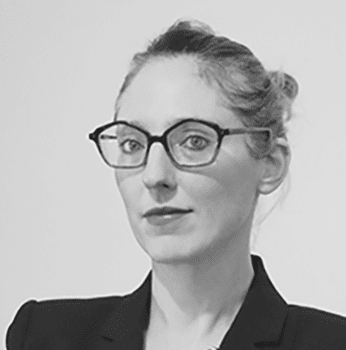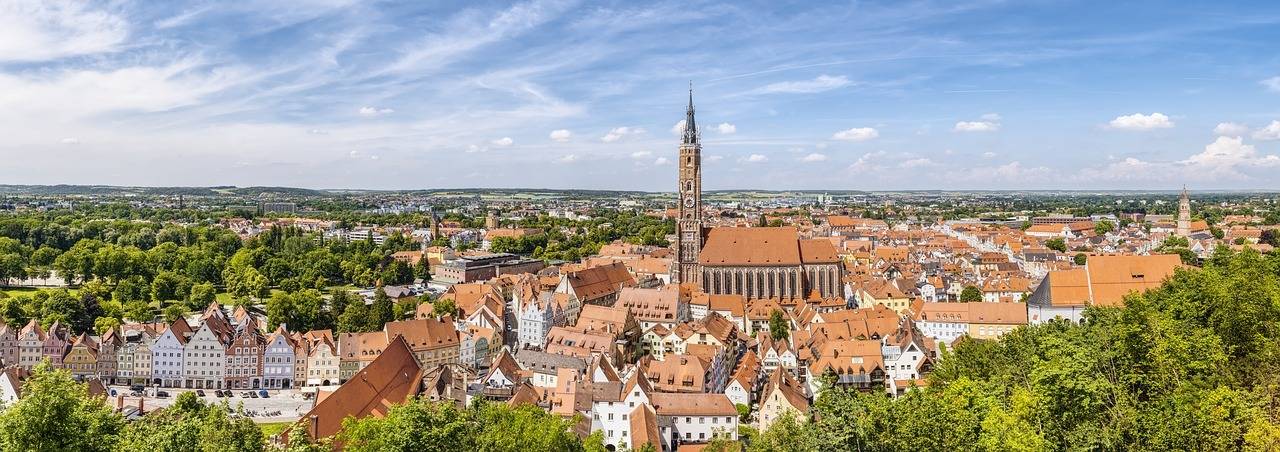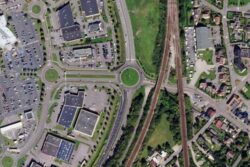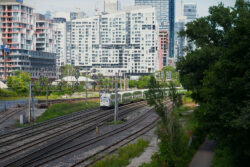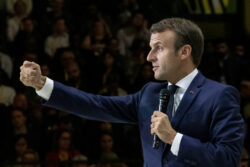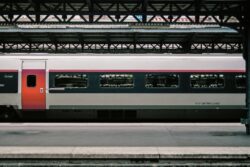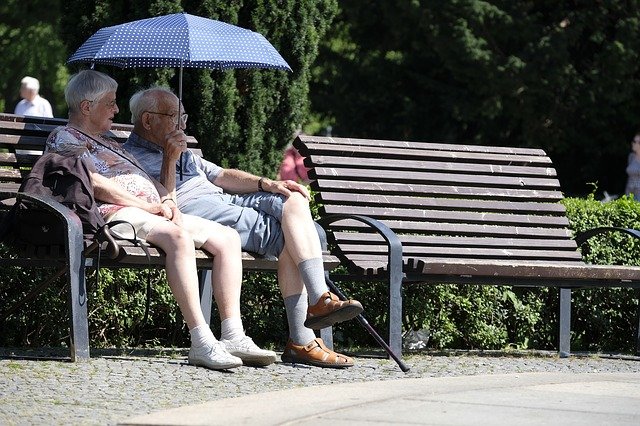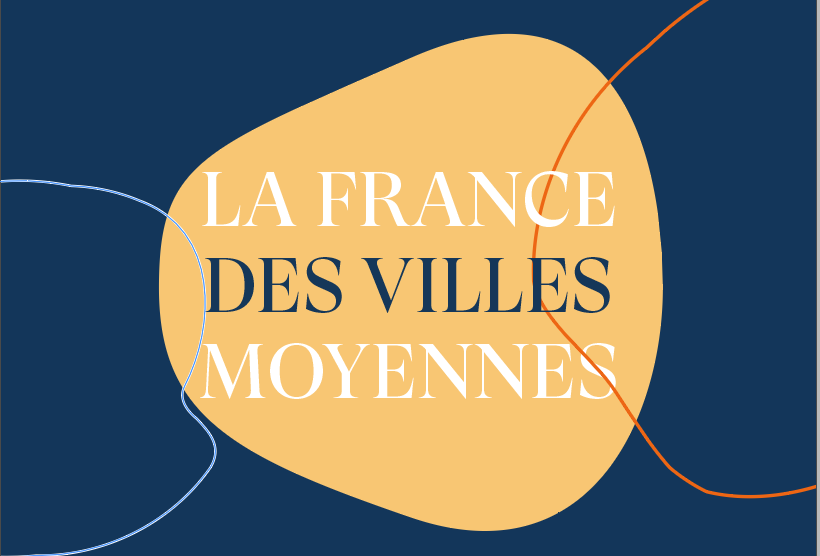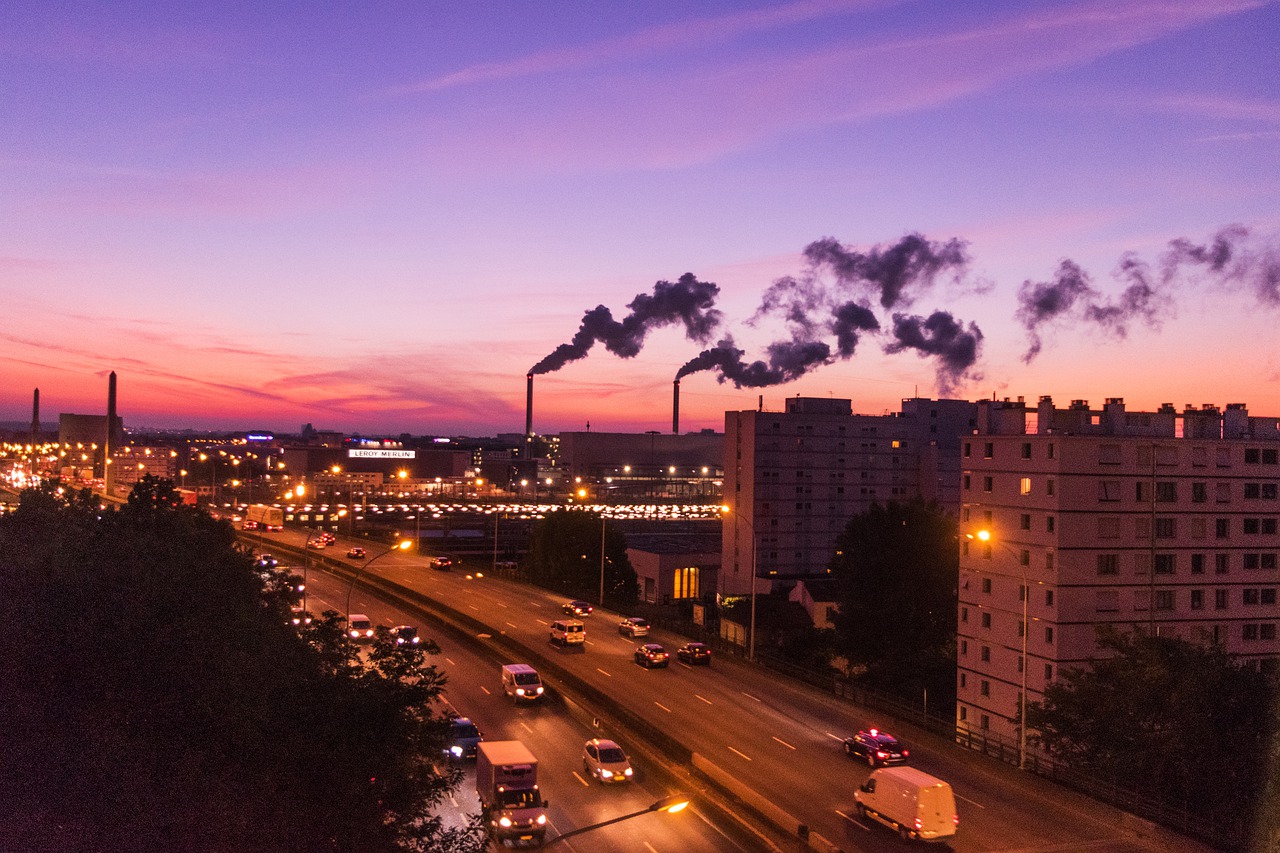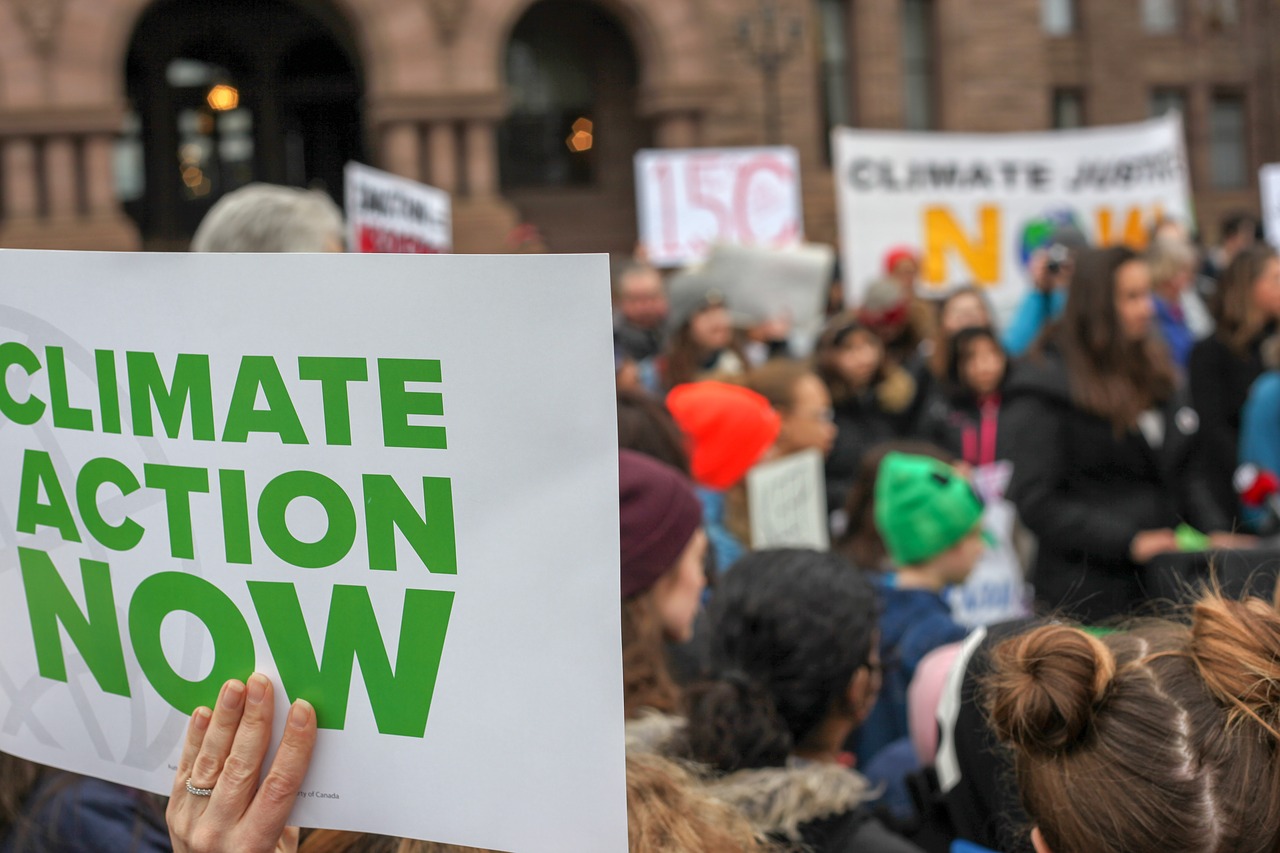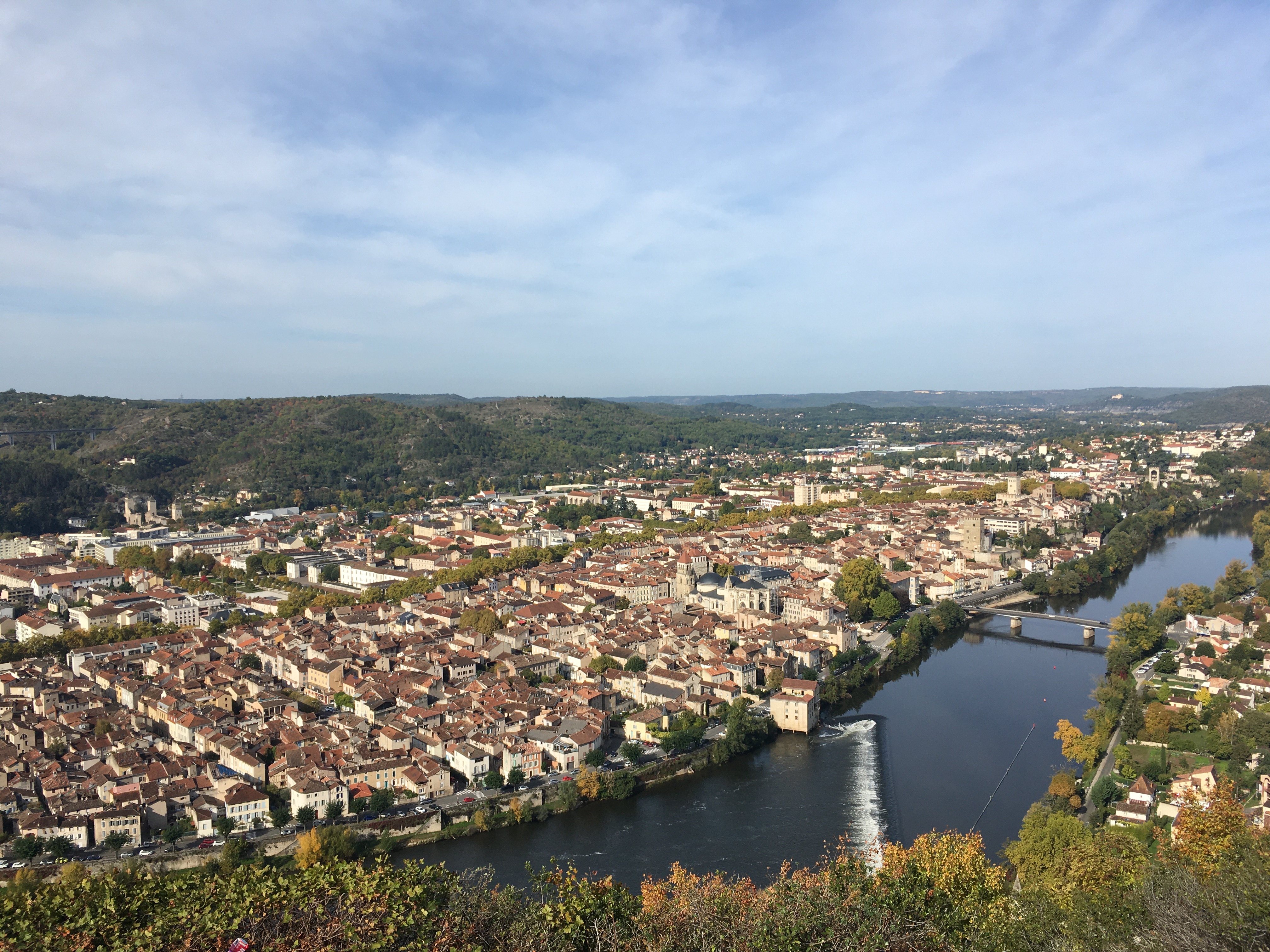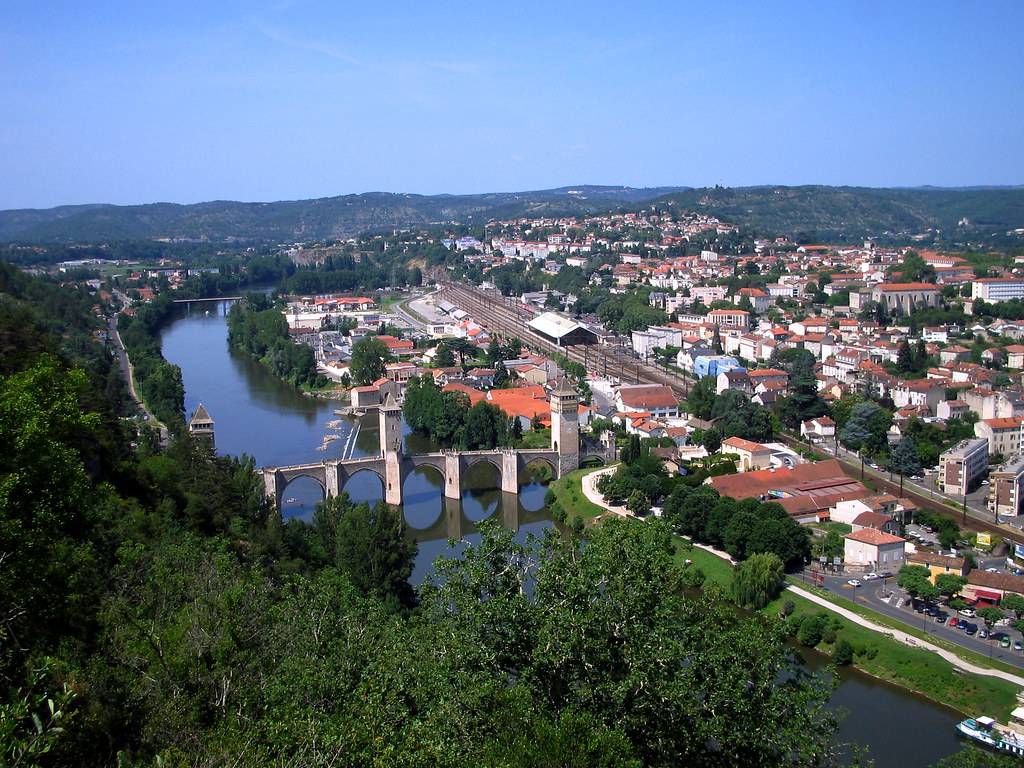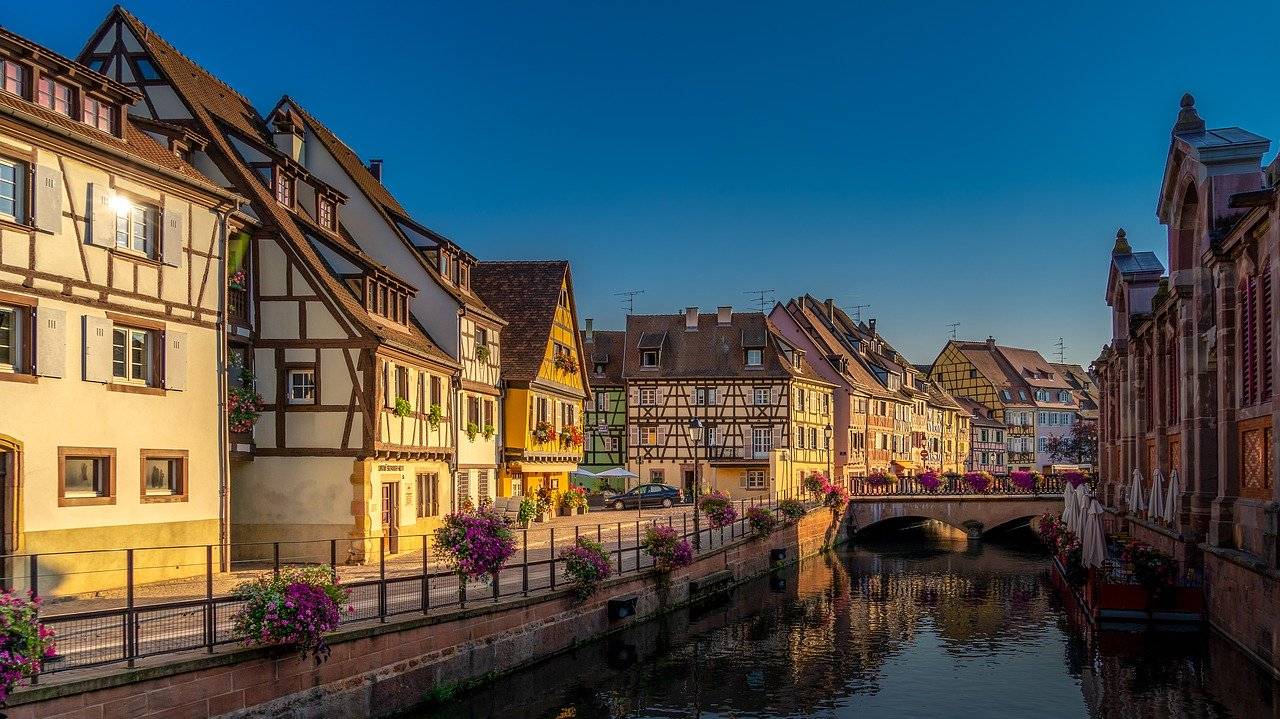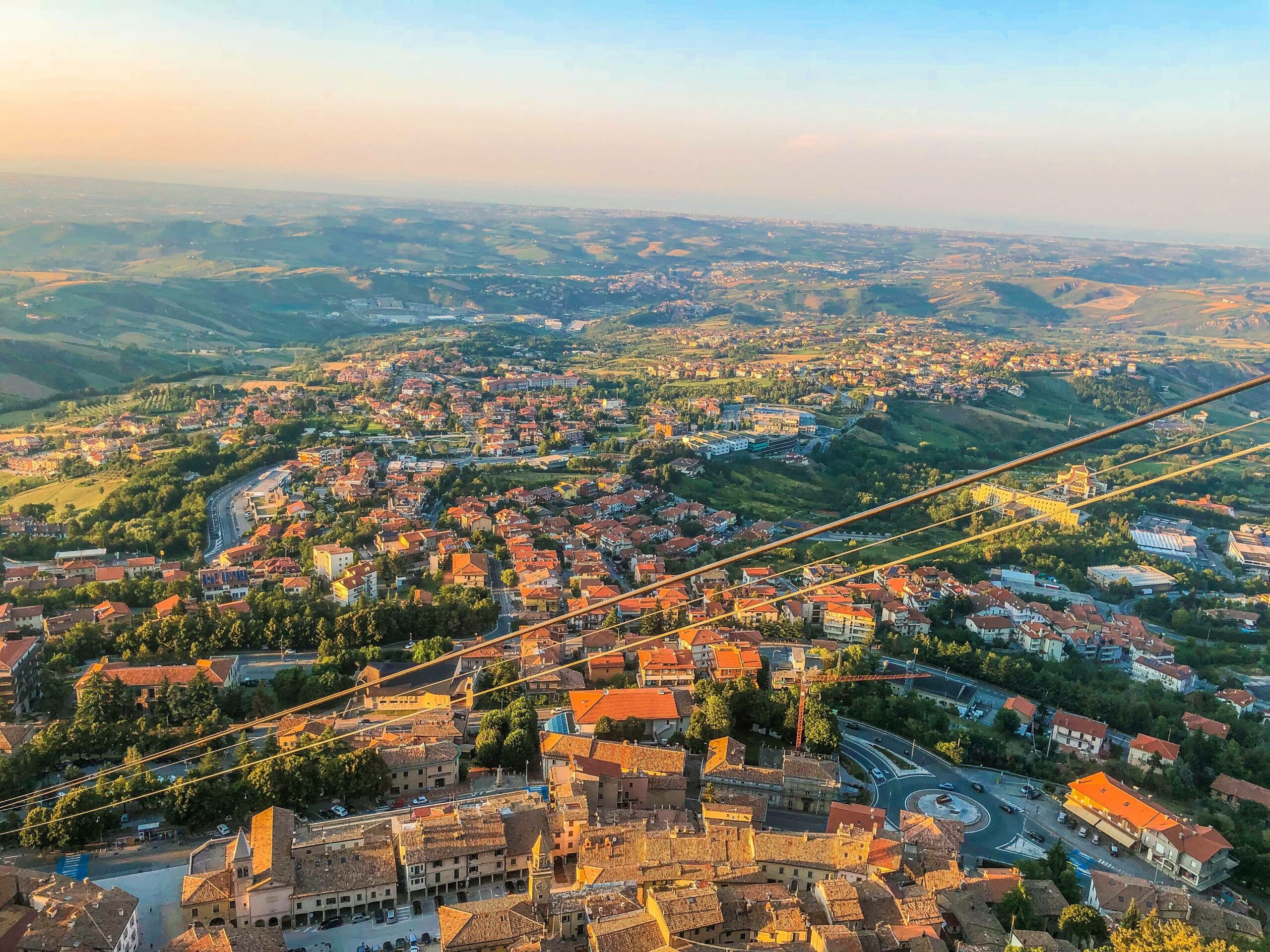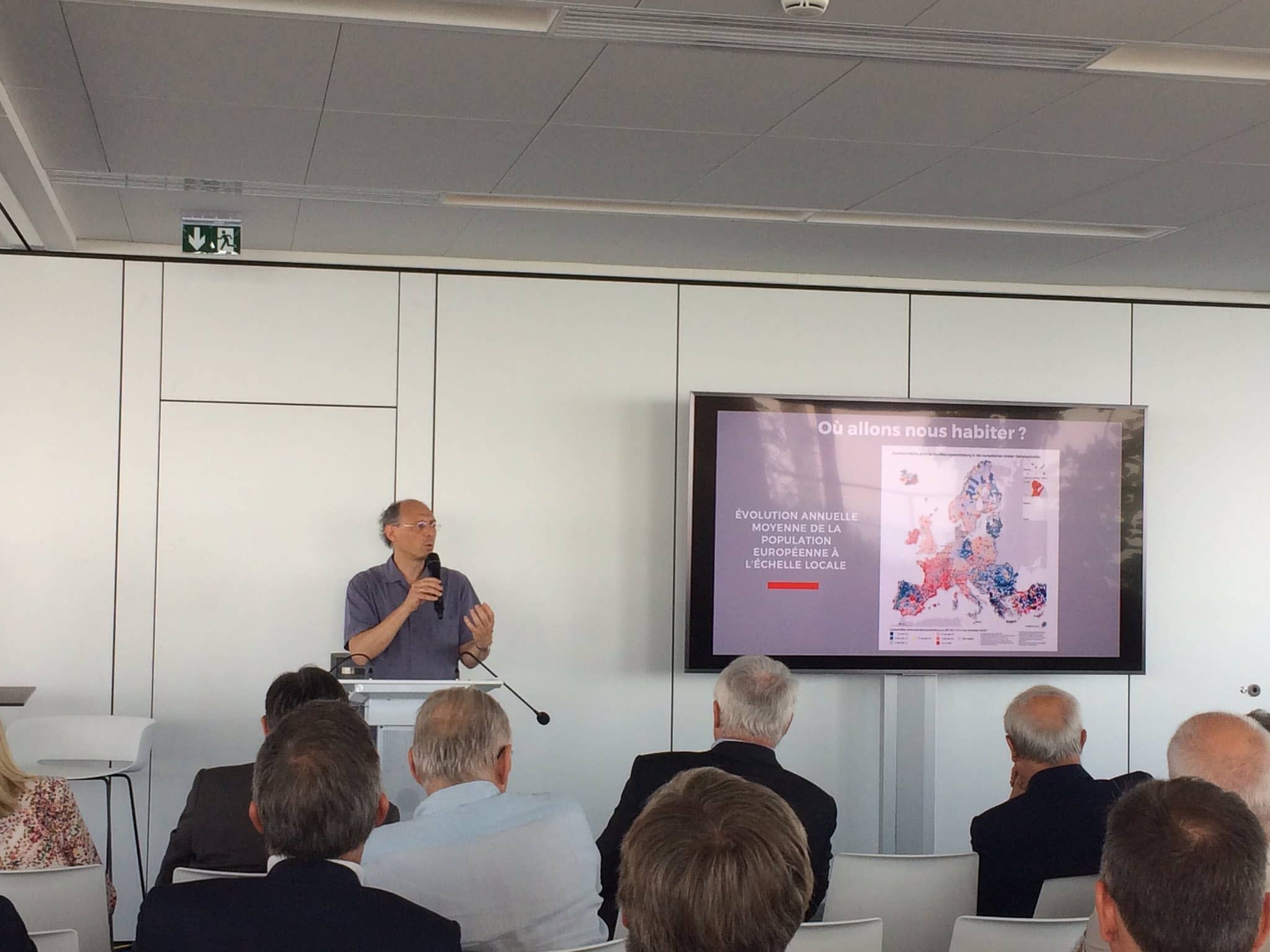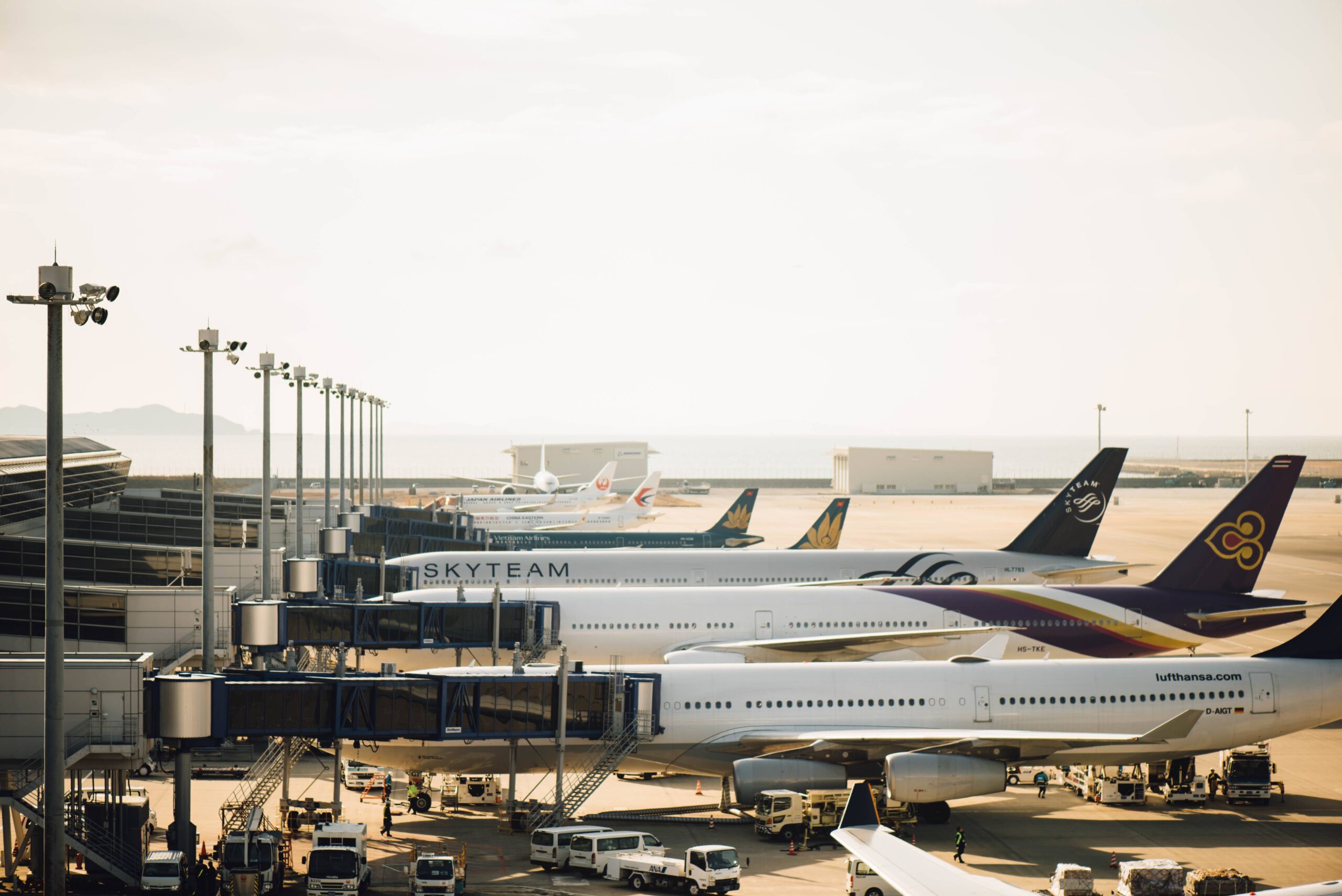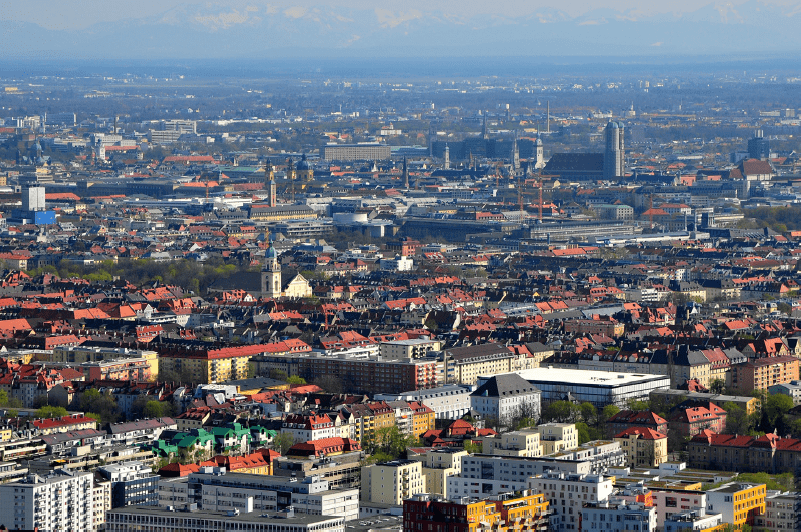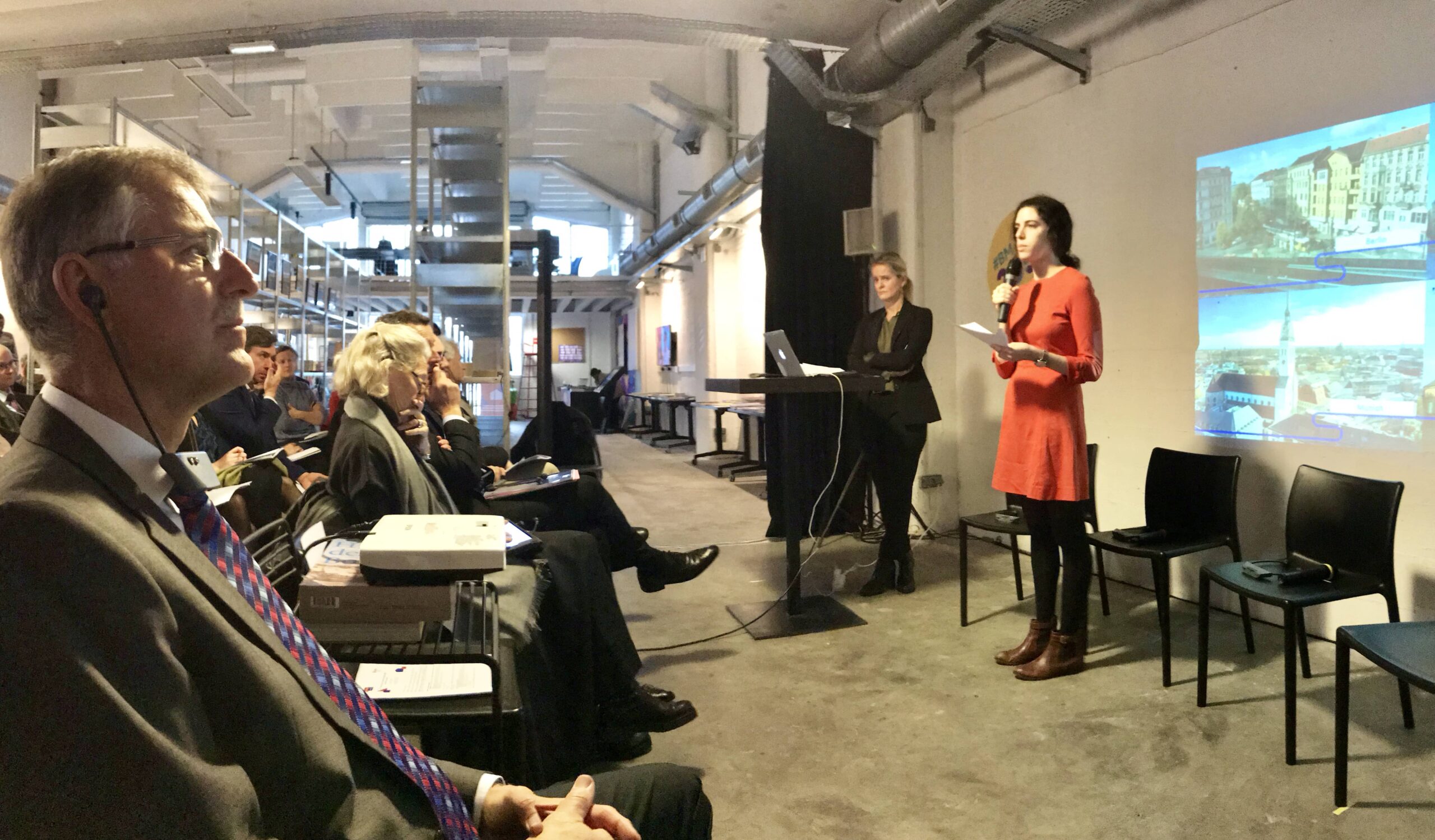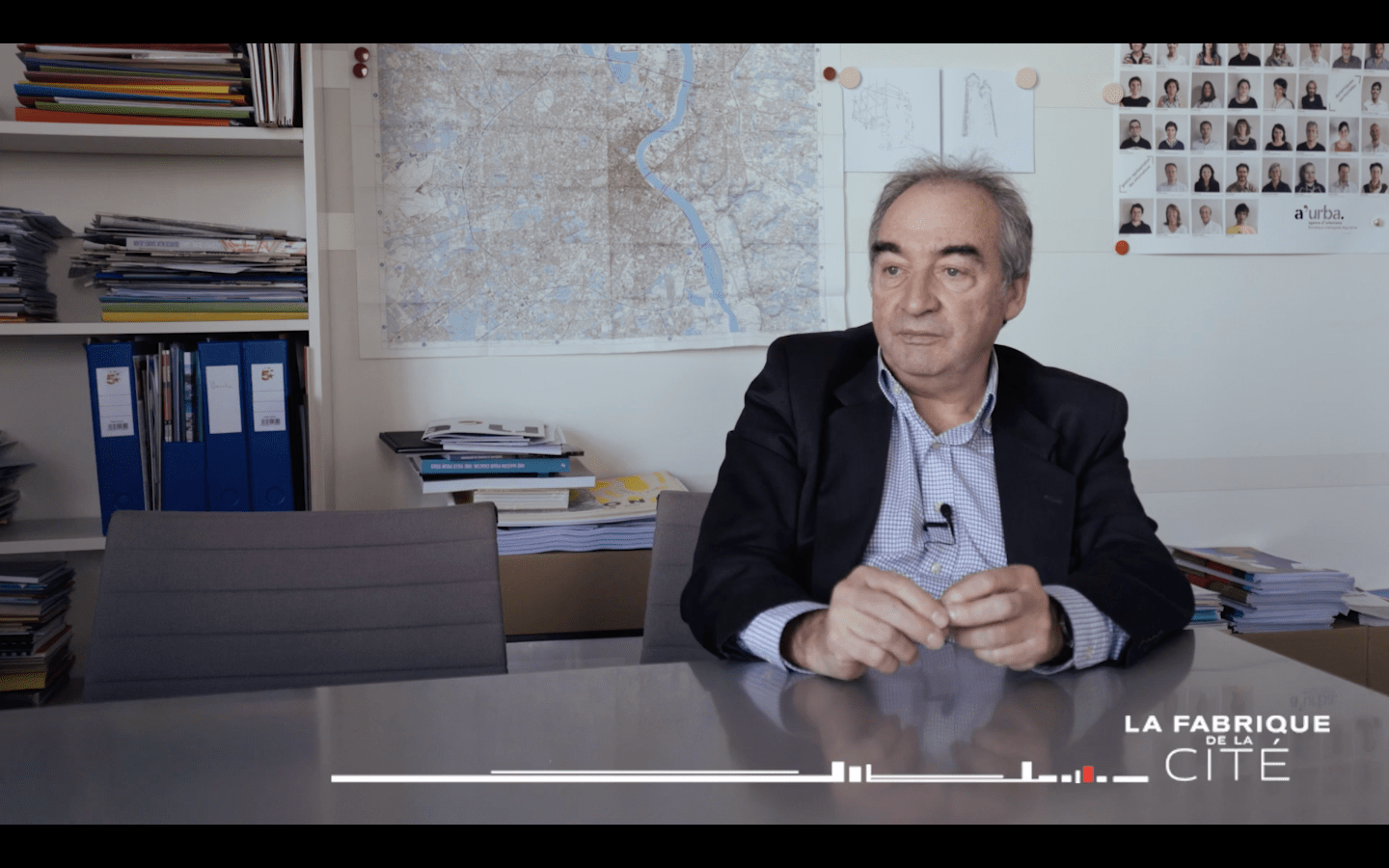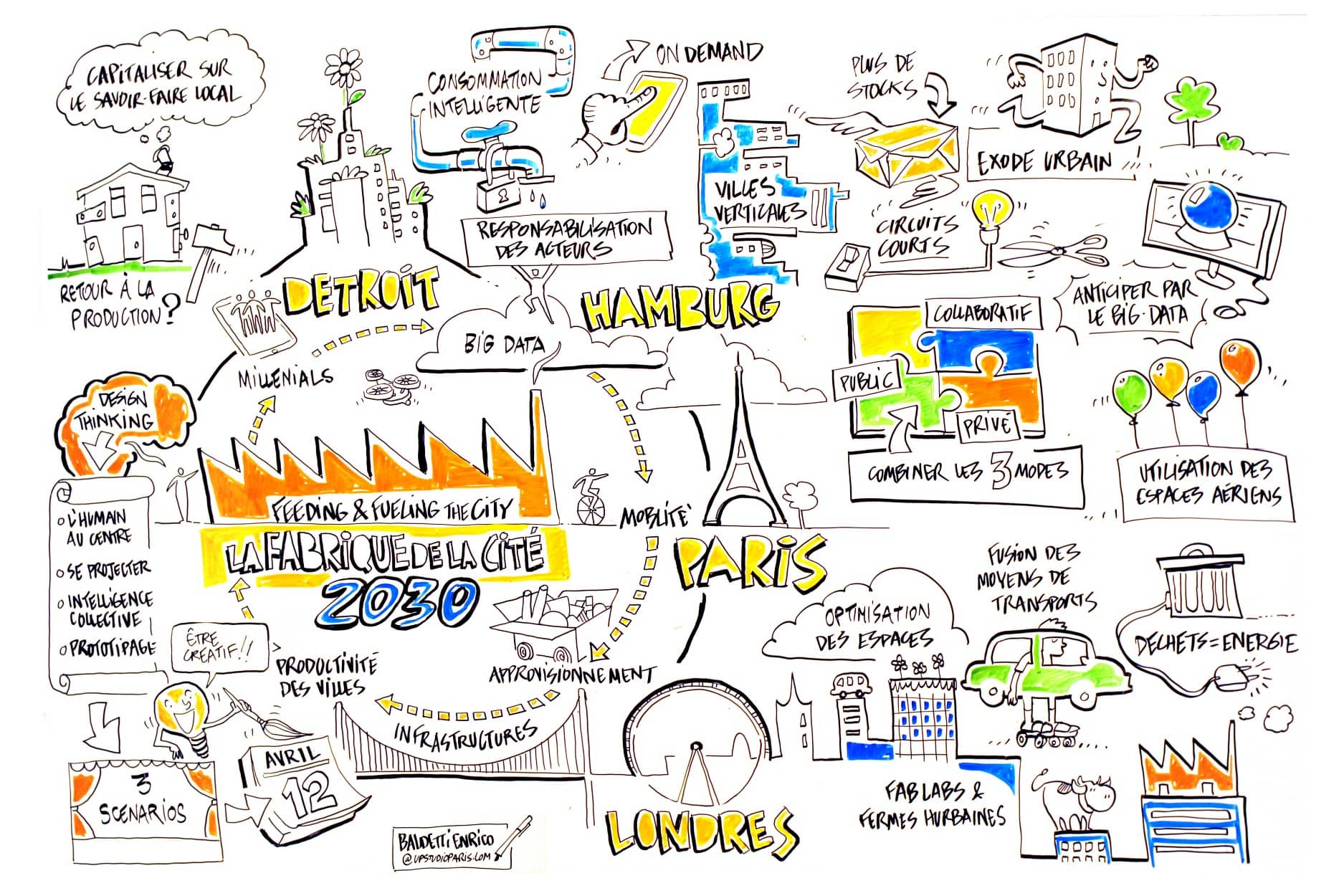

Aurillac: thriving in a constrained geography
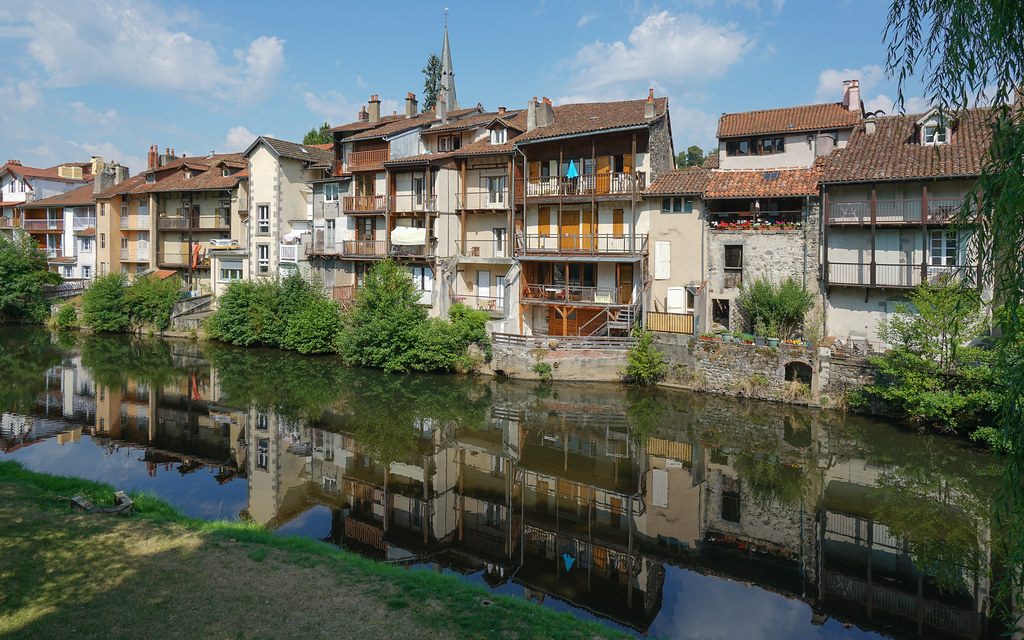
Should this phenomenon lead us to question the dogma of international accessibility and connectivity? And this, even though our studies on medium-sized cities have so far shown the importance of being connected to stabilise demographic and economic trajectories that remain fragile? To put our work to the test, La Fabrique de la Cité went to meet the elected officials and players in Aurillac, often described as “the most isolated prefecture in France”. Is isolation a handicap or an opportunity?
The most populous town in the Cantal and the economic hub of its territory, Aurillac is in an area constrained by its topography: Europe’s largest stratovolcano (twice the size of Etna) and plateaus overhang the rich sedimentary basin of Aurillac to the west and south, distancing the town from other similar or more important demographic and economic centres (Clermont-Ferrand, Toulouse, Paris, Lyon) and cutting it off from any possible spillover effects. This isolation can sometimes weaken local economies and the global attractivity. However, this same isolation, which is the basis of the town’s identity, is also the source of active and innovative endogenous development. While public investment has long supported the essential development of transport infrastructures, tourism and cultural activities and innovative companies can boast of participating in this regional, and even national, attractiveness. A proactive policy in favour of mobility, a niche economic sector of European or even international scope, a strong commitment to retaining talent: Aurillac is committed to showing that geographical determinism does not exist.
→ Related: our work on mid-sized cities.
Find this publication in the project:
These other publications may also be of interest to you:
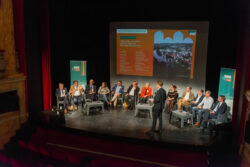
Back from Cahors
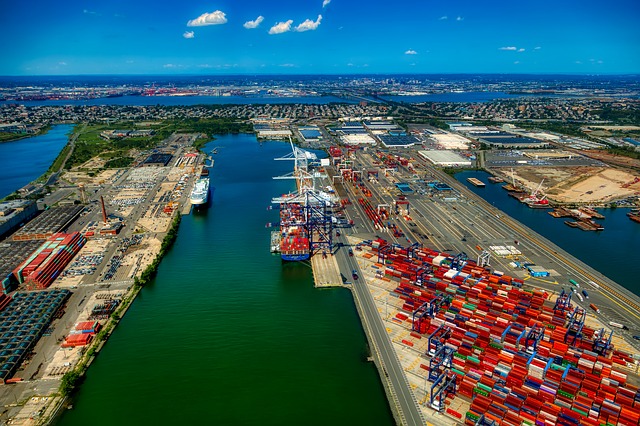
Rebalancing
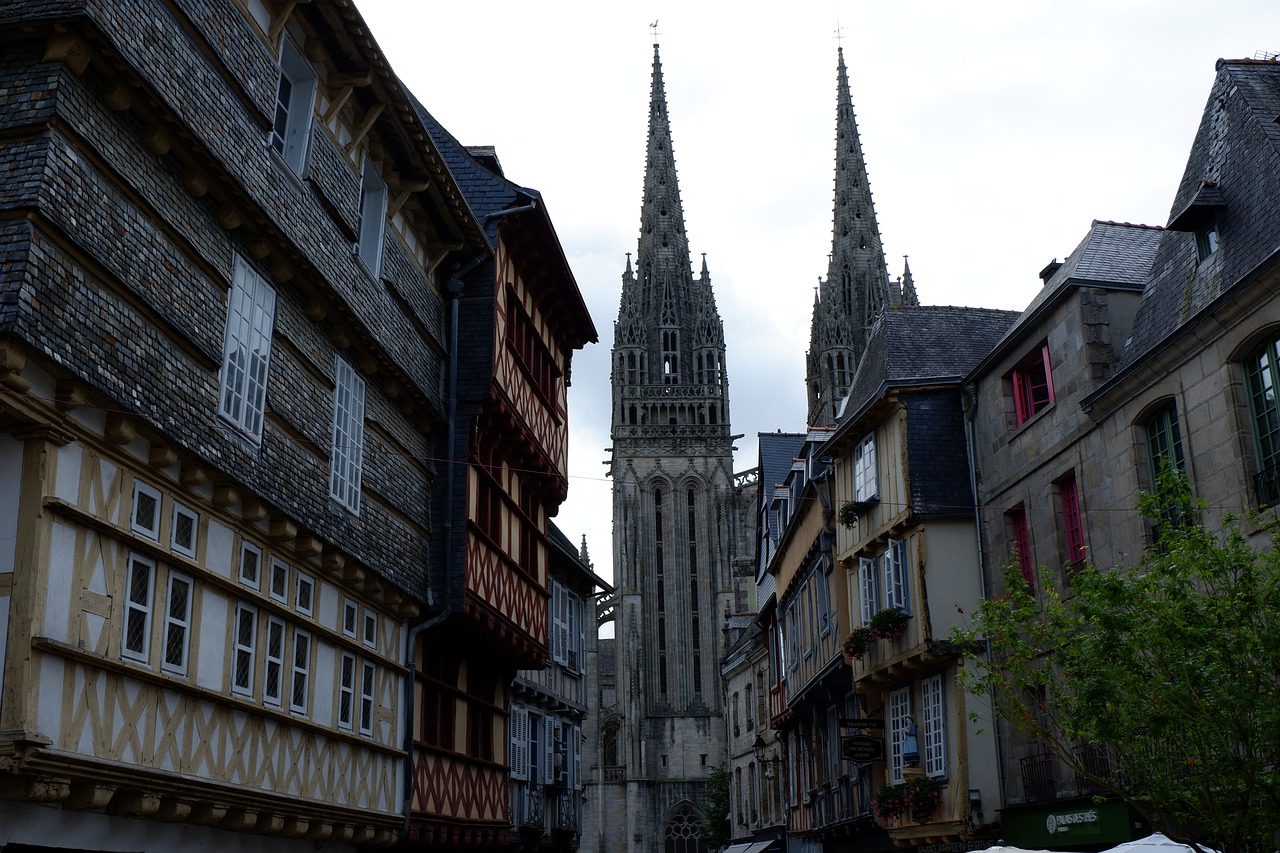
Size, Network and People

Inventing the future of urban highways
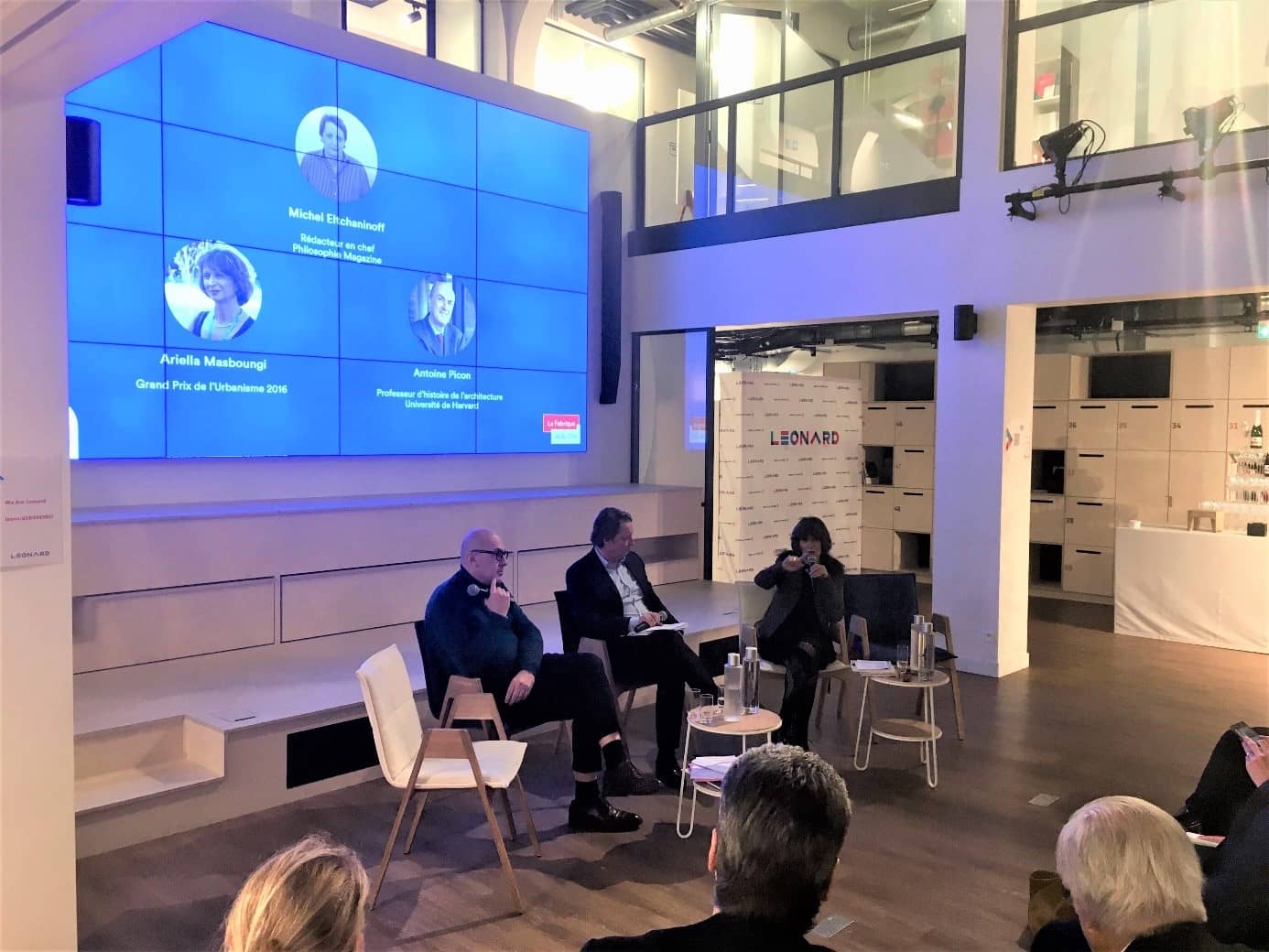
Spatial justice, managing the situation to enable development?
La Fabrique de la Cité
La Fabrique de la Cité is a think tank dedicated to urban foresight, created by the VINCI group, its sponsor, in 2010. La Fabrique de la Cité acts as a forum where urban stakeholders, whether French or international, collaborate to bring forth new ways of building and rebuilding cities.














